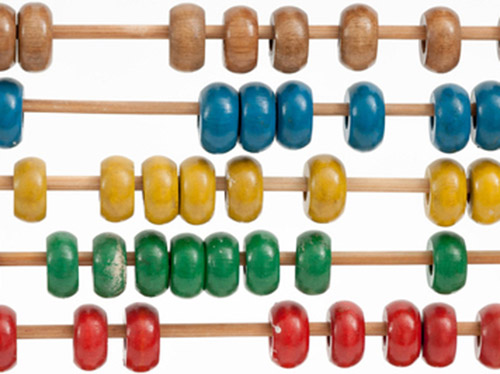
When deciding where to send your child for preschool, it is necessary to choose a program that best fits your child as an individual learner. The best programs will see your child as an individual, nurture their interests, and encourage their unique growth.
The Montessori Philosophy encourages children to develop their observation skills through activities that use the five senses, kinetic movement, spatial refinement, small and gross motor skill coordination, and concrete knowledge that leads to later abstraction.
At The Young Children’s Community, we encourage Montessori education at an early stage in the child’s development. Our nurturing setting is perfect for establishing a foundation that unlocks your child’s mind to the world around them.
The authenticity of the preschool program you are enrolling your child in is important, too. How can you know with certainty that the Montessori programs you are considering are implementing the Montessori Method? Read on to find out how to spot an authentic Montessori program that aligns with your child’s growth and aspirations.
An Authentic Montessori School Employs:
Experiential Learning
The Montessori philosophy notes that children have a need to move and that they learn through experiences that connect movement and cognition.
An authentic Montessori school should create an environment that promotes movement alongside self-discovery. By providing specially prepared materials, children can combine the physical and mental aspects of learning, providing them with an enriched learning experience and a lifelong love of learning.
Our program provides specialized Montessori materials designed to order, relate, classify, explore, and realize impressions that the child has already formed. The materials help the child experience differentiation within the five senses and form the groundwork for future academic learning.
Self-Directed Activity
A key concept of the Montessori method is the idea that children want to become independent and capable beings in the world by learning new things and mastering new skills.
In an authentic Montessori preschool, the process of making independent decisions and investigating ideas lies with the student. In this way, Montessori children can construct their individual sense of identity and distinguish right from wrong.
Our classroom is divided into the traditional Montessori areas of Practical Life, Sensorial, Language, Math, and Culture. Some children move about and choose lessons they have been shown previously; other eager students are introduced to new lessons.
Multi-Age Classroom and Individualized Curriculum
Authentic Montessori classrooms group children together into three-year age spans. In a mixed-age Montessori class, there could be 25 – 30 students who are at various places in their education, as well as at different academic levels. Through thorough observation, a Montessori guide provides personal lessons to learners depending on their specific needs.
The Montessori Infant-Toddler program, after which our Young Children’s community is designed, is internationally acclaimed. Our preschool program is designed to address the individual child’s nature and meet developmental needs such as language acquisition, exploration, movement, concentration, imitation, independence, and self-control.
In the Children’s Houses, our programs rely on the philosophy that young children flourish with gentle guidance and the opportunity to work at their own pace.
A Prepared Environment
In an authentic Montessori program, the classroom is visually pleasing, organized, and accessible. The room is arranged for free movement without intruding on the floor or table workspace. Furnishings are fit to the children’s size, and there are a variety of table sizes for group and individual work. Materials should be clean, complete, and in good condition.
The preschool classroom should provide an atmosphere conducive to learning and have free access to an outdoor area.
Our preschool program focuses on providing both a space for learning and space for adventure. After circle time, the children exercise on their playground equipped with climbing structures, sand and water play tables, wheeled vehicles, teeter-totters, and balance beams.
A Guide or Directress
An authentic Montessori program approaches the role of the teacher differently than traditional schools. Like a traditional educator, Montessori guides are trained and certified, holding a certification from the Association Montessori Internationale (AMI) or the American Montessori Society (AMS). Unlike a traditional teacher, though, the Montessori guide is there, not to impart knowledge, but to assist the learner through the classroom, observing and introducing materials at the right time.
In an authentic Montessori program, you will not see the guide at the front of the class lecturing but instead giving one-on-one or small group lessons.
Our Young Children’s teachers must master teaching and classroom leadership skills that foster a nurturing environment and support learning while modeling the type of attitude and behavior we wish for our students to demonstrate.
An authentic Montessori preschool is designed to help children flourish with gentle guidance and the opportunity to work at their own pace. We are proud to offer a strong, impactful Montessori program that recognizes and addresses each child’s individual social and emotional development.
The Montessori Charter School of Flagstaff was the first school in Arizona to have its application for a charter approved by the Arizona State Board for Charter Schools. We offer an academic program that identifies and encourages each child’s individual social and emotional development. Visit our blog to learn more about our method or reach out today to begin your journey with The Montessori Charter School of Flagstaff.
